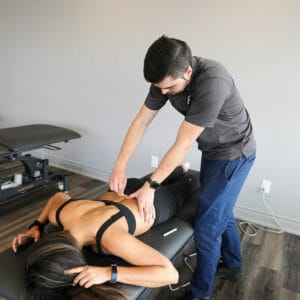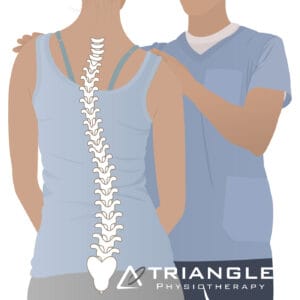Shoulder pain can vary in its cause and severity, and whether it goes away on its own depends on several factors. Here are some considerations:
- Cause of Shoulder Pain
- Acute vs. Chronic Pain
- Severity of Pain
- Age and Health Status
- Activity Level
- Professional Evaluation
- Treatment Options

What are some Common Shoulder Problems and how to treat them?
Shoulder problems can encompass a range of conditions and injuries. Here are some common shoulder problems and some general guidelines on how they are typically treated:
- Rotator Cuff Tears:
- Treatment can range from rest and physiotherapy for partial tears to surgical repair for complete tears.
- Tendinitis (Rotator Cuff Tendinitis):
- Rest, ice, anti-inflammatory medications, and physiotherapy are common initial treatments. Severe cases may require corticosteroid injections.
- Bursitis (Shoulder Bursitis):
- Similar to tendinitis, treatment includes rest, ice, anti-inflammatory drugs, and physiotherapy. In some cases, corticosteroid injections may be used.
- Frozen Shoulder (Adhesive Capsulitis):
- Physiotherapy and stretching exercises are often recommended. Severe cases may require manipulation under anesthesia or surgery.
- Shoulder Impingement:
- Rest, ice, physiotherapy, and modifications to activity are typical treatments. Injections or surgery may be necessary in severe cases.
- Labral Tears (SLAP Tears):
- Non-surgical options include rest and physiotherapy. Severe cases may require arthroscopic surgery to repair the labrum.
- Shoulder Instability (Shoulder Dislocation):
- Initial treatment includes immobilization and physiotherapy. Surgical options may be considered for recurrent dislocations.
- Arthritis (Osteoarthritis or Rheumatoid Arthritis):
- Management includes pain relief with medications, physiotherapy, and lifestyle modifications. In severe cases, joint replacement surgery may be recommended.
- Fractures (Clavicle, Humerus, or Scapula):
- Treatment depends on the type and severity of the fracture. Options include immobilization with a cast or sling, surgery, and physiotherapy.
- AC Joint Separation:
- Mild cases may require rest and physiotherapy, while severe cases may require surgery.
- Nerve Compression (Thoracic Outlet Syndrome):
- Treatment may involve physiotherapy, posture correction, and occasionally surgery to relieve compression on nerves and blood vessels.
How do I book an appointment at a Physiotherapy Clinic near me?
Click HERE to book an appointment with a physiotherapist or chiropractor at one of our eight locations.
- Physiotherapy Etobicoke – Triangle Physiotherapy Etobicoke
- Oakville Physiotherapy Clinic – Triangle Physiotherapy Oakville
- Physiotherapy North York – Triangle Physiotherapy North York
- Mississauga Physiotherapy Clinics – Triangle Physiotherapy Mississauga
- Downtown Physiotherapy Clinics – Triangle Physiotherapy King West
- Uptown Physiotherapy Clinics – Triangle Physiotherapy Lawrence Park
- Physiotherapy Clinic Downtown Toronto – Triangle Physiotherapy Queens Quay
- Physiotherapy Clinics Mississauga – Triangle Physiotherapy Erin Mills
“Shoulder pain can be persistent and may not resolve on its own without proper care. Triangle Physiotherapy offers expert services across the GTA, including Physiotherapy in Etobicoke, Oakville, North York, Toronto, Lawrence Park, Queens Quay, Erin Mills, Mississauga, and Liberty Village. Our skilled physiotherapists can help you address the root causes of your shoulder pain and guide you towards effective recovery.”




